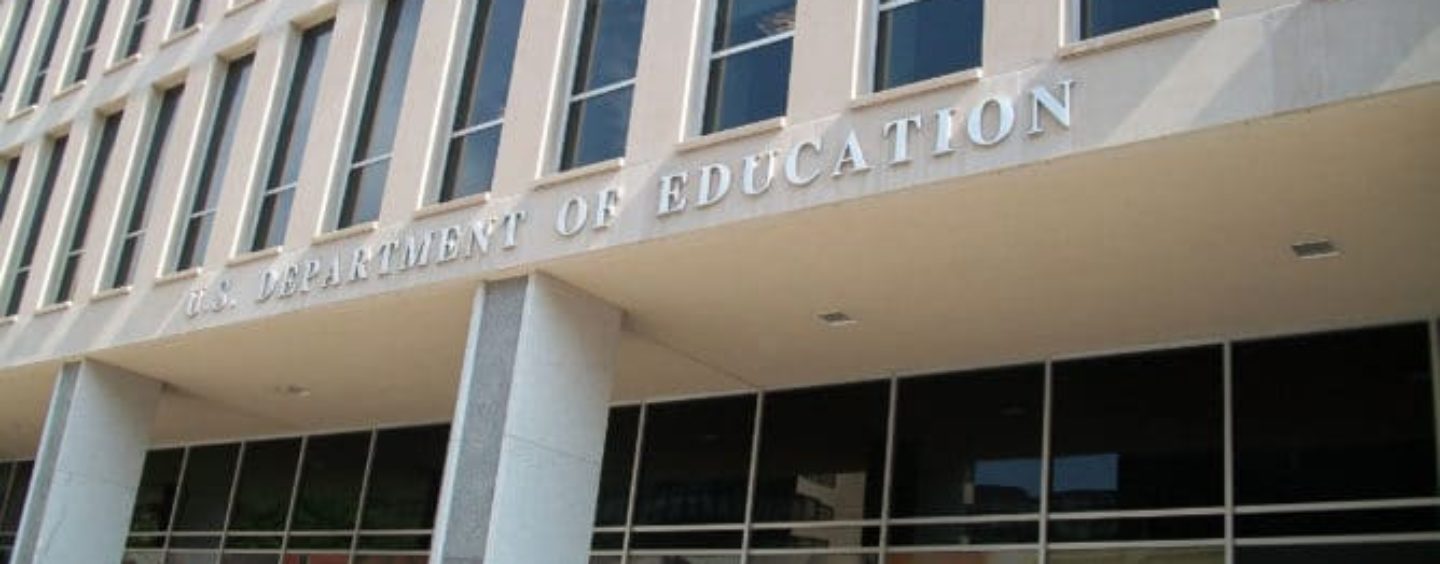
Disability Discrimination – Feds Disclose Schools Under Investigation
by Michelle Diament 02/09/2018The U.S. Department of Education, for the first time ever, has released a searchable listing that includes cases alleging disability discrimination in addition to race and national origin, sex, age and equal access. It’s a really big deal that the public will be able to see what civil rights complaints exist in individual schools.
As we have seen in the #MeToo movement, transparency is vital as many victims of abuse are afraid to come forward. When one victim sees that another has filed a complaint, they may have the courage to speak up and help stop abuses. Also, the public will be able to stand with victims to help ensure the facts come to light. And in cases where the allegations are not true, there will also be transparency.
U.S. Civil Rights Commission on disability discrimination
Recently RespectAbility submitted comments to the U.S. Civil Rights Commission on disability discrimination. We are thrilled that the U.S. Department of Education is now releasing data around complaints of civil rights abuses in our schools. Currently, there are six million students with disabilities receiving services counted under the Individuals with Disabilities Education Act (IDEA). This includes 1,107,606 African American/black students with disabilities and 1,531,699 Latino students with disabilities in our schools today. Overall, only 65 percent of students with disabilities graduate high school compared to 84 percent of students without disabilities. Similarly, only 57 percent of black students with disabilities graduate high school compared to 76 percent of black students without disabilities. Additionally, only 59 percent of Latino students with disabilities graduate high school, compared to 79 percent of Latino students without a disability.
The best way for students with disabilities to complete school is to stay in school – free from abuse. All schools – including charter schools – need to enable students with disabilities to get the education and skills they need to gain jobs and independence. Until now, civil rights abuses have prevented thousands of students from achieving their high school and post-secondary diplomas and have pushed students into the school-to-prison pipeline. Indeed, there are more than 750,000 individuals with disabilities behind bars in America today. To learn more read Disability & Criminal Justice Reform: Keys to Success.
Federal officials emphasize that a pending case does not indicate that a school is at fault, but merely that the Office for Civil Rights determined the complaint had sufficient merit to investigate further.



No Comments so far
Jump into a conversationNo Comments Yet!
You can be the one to start a conversation.Only registered users can comment.